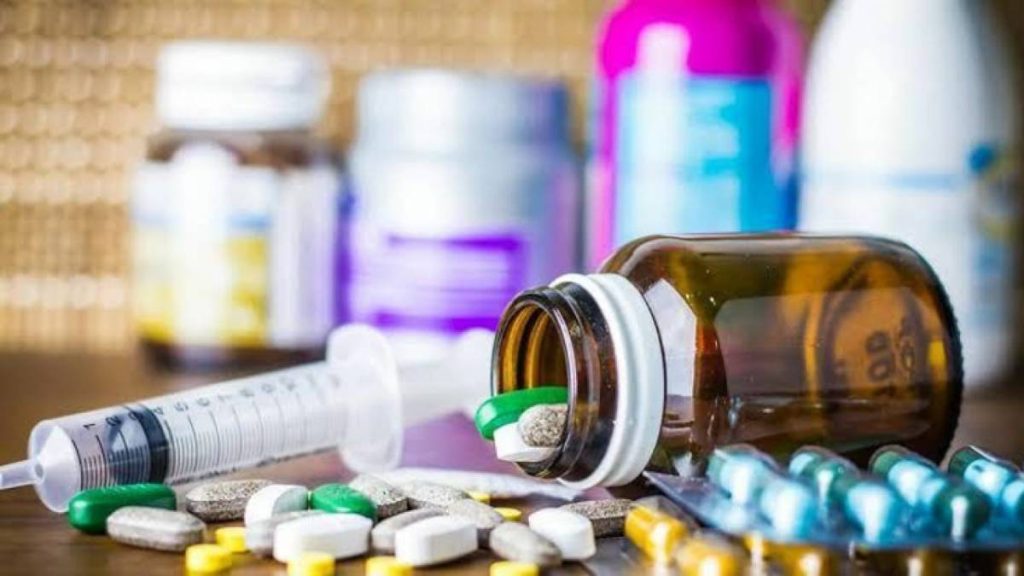Pakistan’s pharmaceutical exports have skyrocketed, registering a remarkable 52% growth over the past year, the strongest surge in over two decades. This leap comes after industry-wide deregulation and policy reforms launched in mid-2024.
Industry leaders attribute this breakthrough to the deregulation policy introduced in February 2024, which allowed market-based pricing for non-essential medicines. The move boosted competition, enhanced supply stability, and eliminated chronic medicine shortages in Pakistan’s domestic market.
Currently, 90% of medicines consumed locally are produced within the country, and the sector now meets international standards, enabling expansion into regional and global markets.
In response to growing export momentum, the government has established PharmEx Pakistan, a dedicated Pharmaceutical Export Promotion Council under the Trade Development Authority of Pakistan (TDAP). The aim is to scale exports from approximately $355 million to over $1 billion in 2024–25, with projections to reach $3 billion in exports within the next five years.
Business bodies, such as FPCCI’s Pharma United Business Group, estimate that Pakistan’s pharmaceutical industry could generate up to $5 billion in export revenue by 2030, provided that investment incentives, tariff rationalization, and institutional reforms are sustained.
The sector contributes over 1% to GDP, saves billions through import substitution, and supports thousands of local jobs. With improved regulatory clarity and expanded export facilitation, Pakistan is well-positioned to become a competitive player in the global pharmaceutical market.



Comments (0)
No comments yet. Be the first to comment!
Leave a Comment